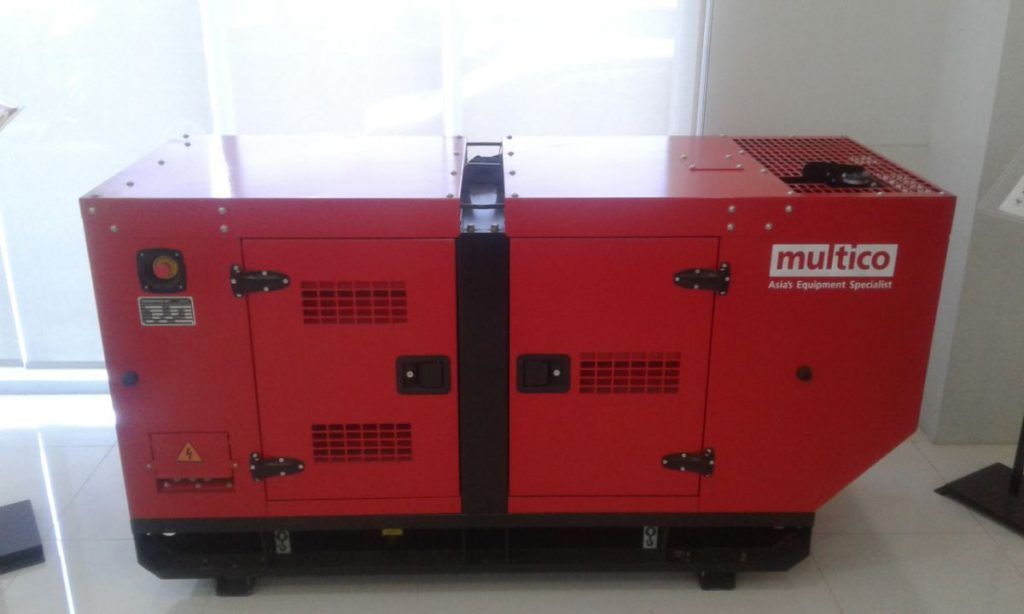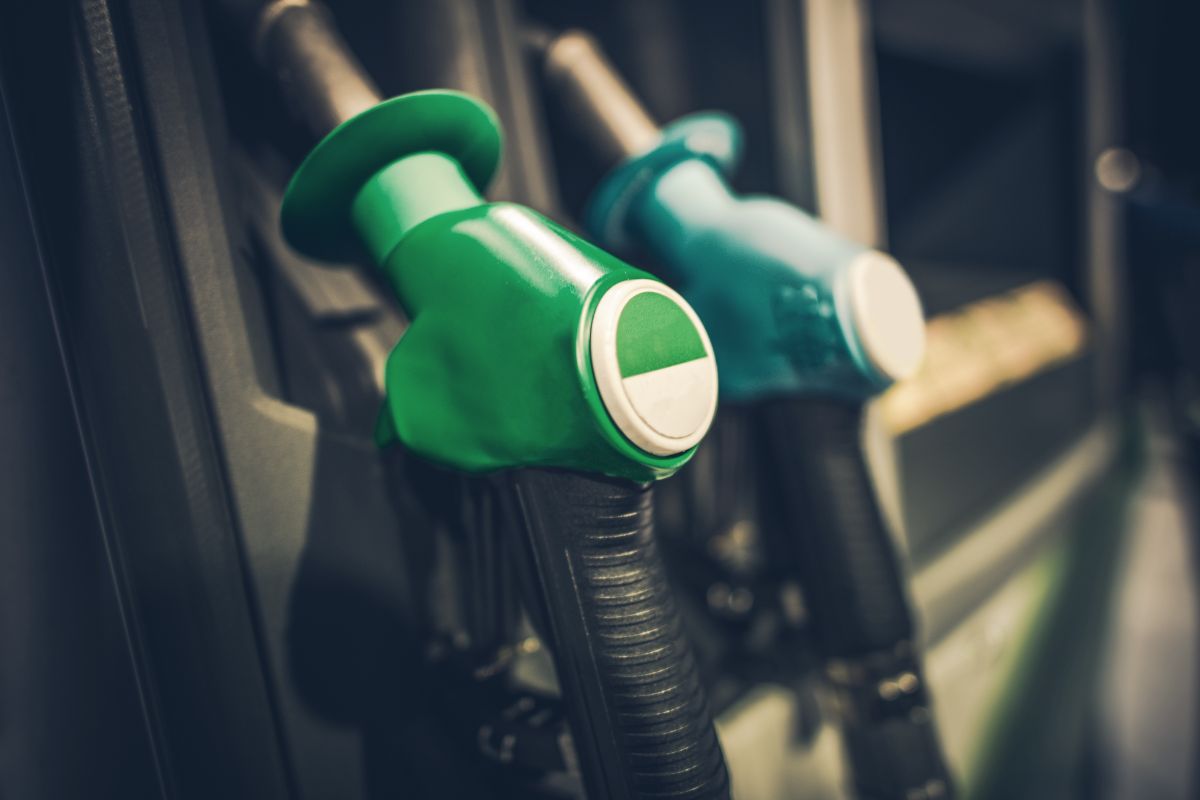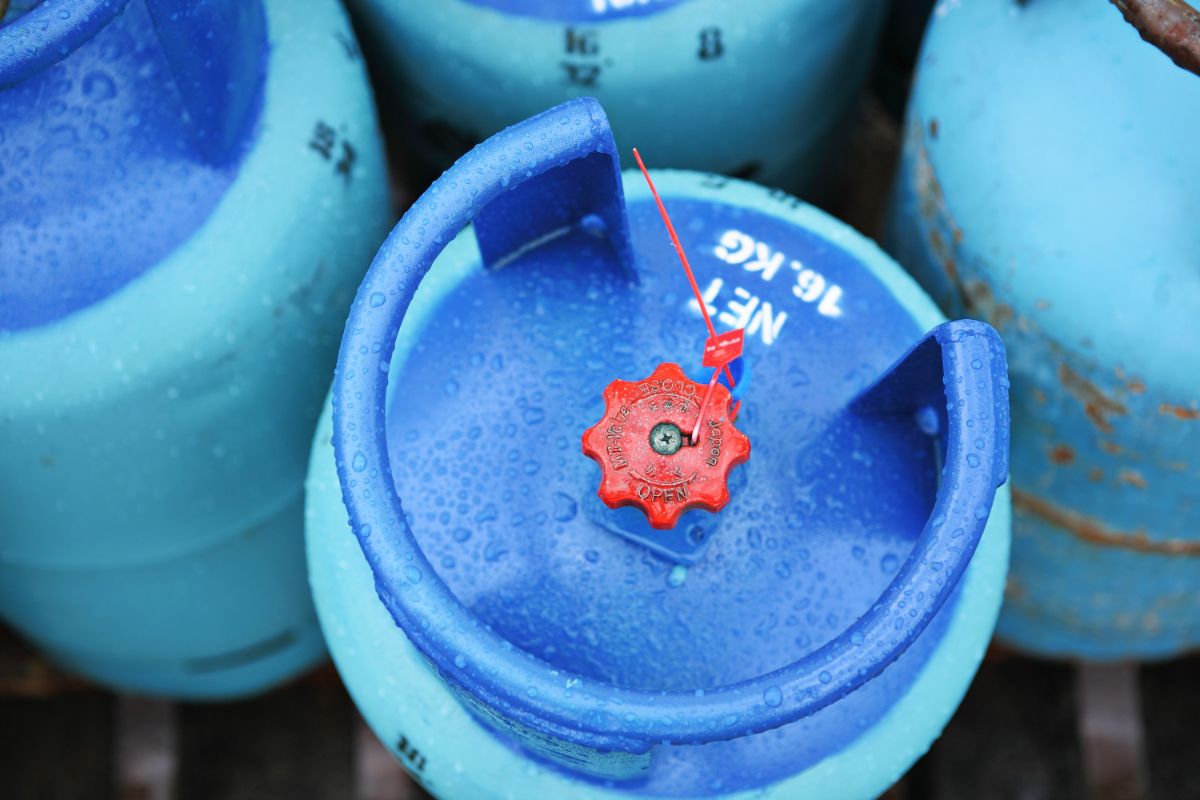
4 Generator Fuel Types
August 2, 2022
What are the types of generator fuel?
- Gasoline
- Diesel
- Propane
- Natural gas
Generator sets in the Philippines are commonly used to provide primary power in construction sites, mining areas, and other places where there is no readily available power supply. Aside from that, it’s also used as backup power in commercial buildings in case of power outages and failures. Generators are even used in households because of blackouts. One of the main considerations when choosing a generator is to know more about the fuel needed to make it work. In this article, you will learn more about the generator fuel types.
Gasoline

Gasoline is one of the most common fuels used in generators, as it can be easily obtained. It can be used in most generators that produce less than 150 kW of power. Because you can easily get gasoline, gas-powered generators are reliable because you can power them when you need them.
Other than that, gasoline generators have a simple fueling process. You will find this fuel type in portable and smaller standby generators. One benefit of using gas generators is that they’re fairly quiet, which is why they’re a great option for smaller homes.
But there are also some things to keep in mind when using gasoline generators. Gasoline is highly flammable, so it should be properly handled. Other than that, gas generators also consume fuel faster than other fuel types. More maintenance is also required on the generator because gasoline burns at a higher intensity.
Diesel
Diesel is also common and is one of the most popular fuel types used in generators. Diesel generators are often used for backup power on mission-critical functions, because of the fast kick-in time. It’s a popular option for facilities with high kW appliances and backup power during emergencies, which is why it’s often found in commercial properties and hospitals.
Diesel is also the fuel type that is the least flammable, so it can be stored on-site for easier refueling. Generators that use this fuel type are very safe and reliable.
Other than that, diesel is very easy to obtain as it’s also a common fuel used in various applications — whether it’s farming operations, trucking, or military. Diesel engines require less fuel compared to gasoline engines. Generators that use this fuel type are less costly to operate and maintain.
The only thing to consider about diesel generators is that they produce more noise compared to other types and can produce more emissions too.
Propane

Propane is another fuel type used in generators, and they’re commonly seen in smaller generators that are used at home and remote sites. Propane has a clean-burning process and is also more eco-friendly than other fuel types since they cause fewer emissions.
Moreover, propane is also easy to store in small or large tanks. The benefit of using propane generators is that propane has a limitless shelf-life and can also be stored on-site for easier refueling. Running propane generators is also quieter compared to gas generators.
But propane also has its cons. Although it’s eco-friendly, propane burns more quickly, too. Propane generators also require specialized knowledge to repair, since they burn in a different way compared to other generator fuel types. Keep in mind that propane containers are pressurized, and are also flammable too.
Natural Gas
Natural gas is used to power homes, schools, businesses, and even entire towns. Unlike other fuel types, it’s distributed to generators through a local utility grid. It’s convenient for businesses that have a steady supply of fuel through their pipeline. Since it’s fed through a pipeline, it’s readily available when needed. So, there’s no fuel storage. It’s the only fuel source for generators that won’t need refueling.
Natural gas also burns clean and is also efficient. It’s almost odorless and, over time, you will spend less on fuel costs. Natural gas generators are also quieter than diesel generators.
The main downside to natural gas is that it’s not suitable for earthquake-prone areas because broken gas lines can be a safety hazard. Other than that, it has a lower power output compared to other fuel types for generators.
Key Takeaway
There are multiple fuel types used in generators. The right choice will depend on your site’s storage capabilities, your access to a certain fuel type, your power needs, and your budget.
If you’re interested to learn more about the different generator fuel types, you can send us a message here at Multico! We supply generator sets in the Philippines and can help you with a complete solution, which includes installation, servicing, and warranty administration. We can help you choose the best generator fuel type that matches your needs.
